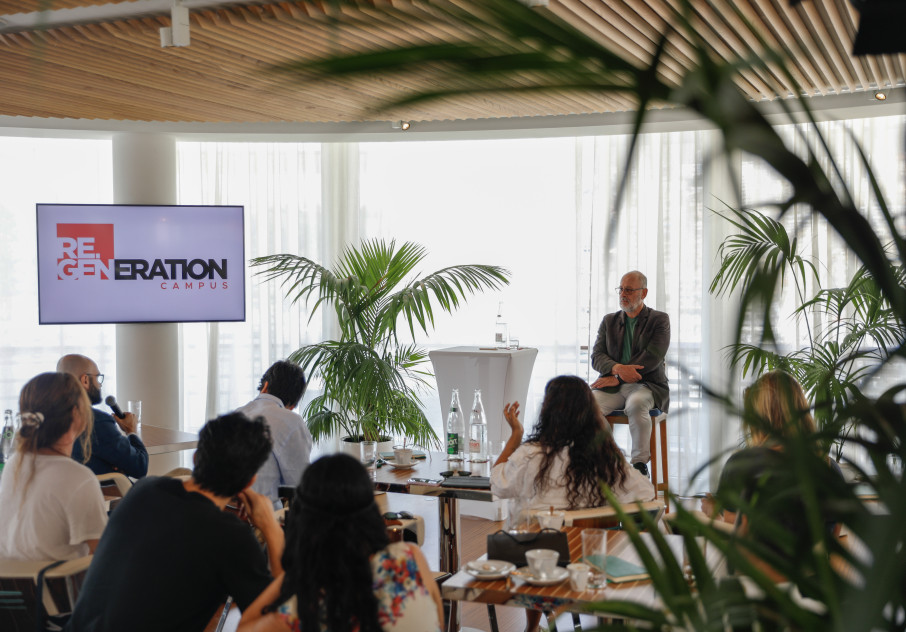
Climate leadership in the face of complexity: the Australian conservationist Tim Flannery's masterclass
Food for thought
On the 11th of July, the 2023 Re.Gen cohort had the opportunity to listen and discuss the future of climate leadership with the Australian biologist, explorer and environmentalist Tim Flannery. Flannery, who was elected Australian of the Year 2007, has an impressive history of conservation, science activism and outreach. The scientist turned climate leader gave a truly inspirational masterclass about his involvement in forest protection, working at various installments of the United Nations’ COP and collaborating with innovators and community leaders around the world.
Key takeaways
1. “Listen carefully to the needs and concerns of local communities.”
Flannery tells the story of how he was transformed by collaborating with the Kwaio people of Malaita, one of the Solomon Islands in the Pacific. Listening to their history and current needs, Flannery realized how in this context environmental protection needs historical reconciliation. Invited by leading Kwaio politicians, Flannery represented his native Australia in a reconciliation process for colonial and domestic conflict that started in 1927. This tale of success shows how sharing the common goal of environmental protection, active and careful listening, and an openness to acknowledge a dark colonial past and its ramifications for today, can lead to political and environmental accomplishment.
2. "It’s important to be aware of low probability but high impact scenarios.”
Flannery emphasized how scientific estimates can illuminate the urgency of climate action. At the same time, he warned against taking an overly calculative approach, as this may lead to neglect of underlying uncertainties and complexities.
3. “For technology, it’s still very early days, but we will see big change.”
As Flannery explained, we’re currently capturing 2 billion tons of CO2 each year but need to go to 19 at the minimum. Flannery shared his expertise on different carbon capture and storage technologies and showcased an array of innovative solutions to a captivated audience.
4. “It’s not either mitigation or adaptation. Framing things in terms of climate justice can bring people together” said Victoria Hermann, member of this year’s Re.Gen program, in discussion with Flannery.
In an open dialogue with the cohort, Flannery emphasized how we need to both advance technology for carbon capture and at the same time reduce emission.
After a lively discussion, the Re.Gen cohort got to witness the European premier of Flannery’s latest film. Climate Changers documents inspiring climate leaders of today, their challenges and the hopeful visions and solutions they come up with. This insightful Masterclass ended with an open debate between Flannery and the engaged participants. This sharing of experiences and knowledge will be of great value to the Re.Gen cohort on their journey of becoming the next generation of climate leaders.